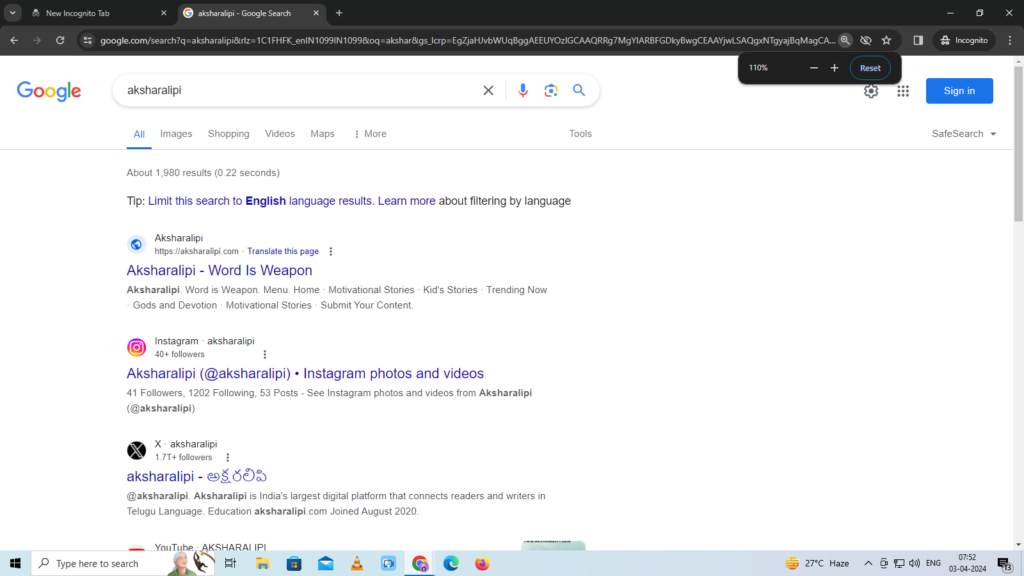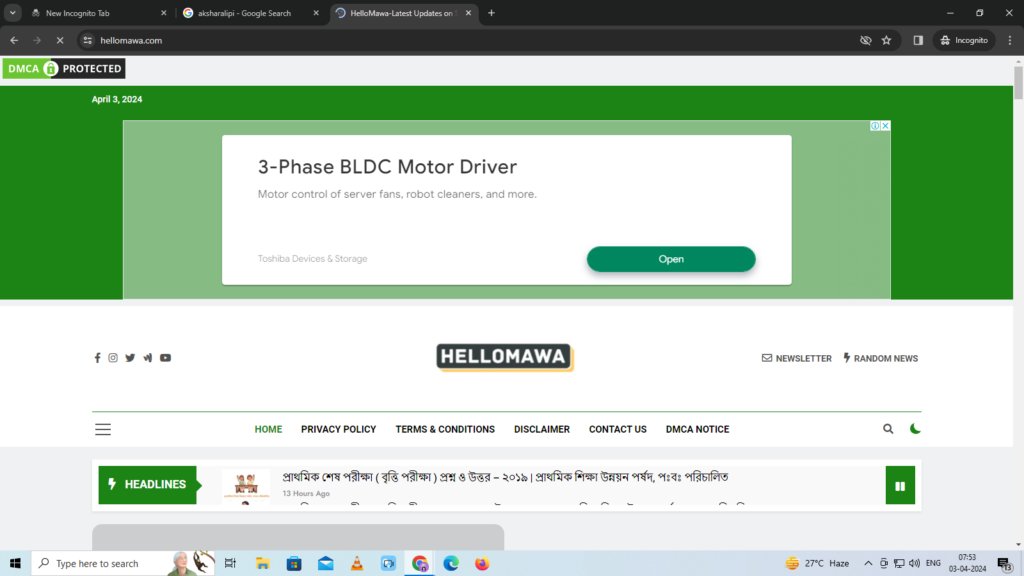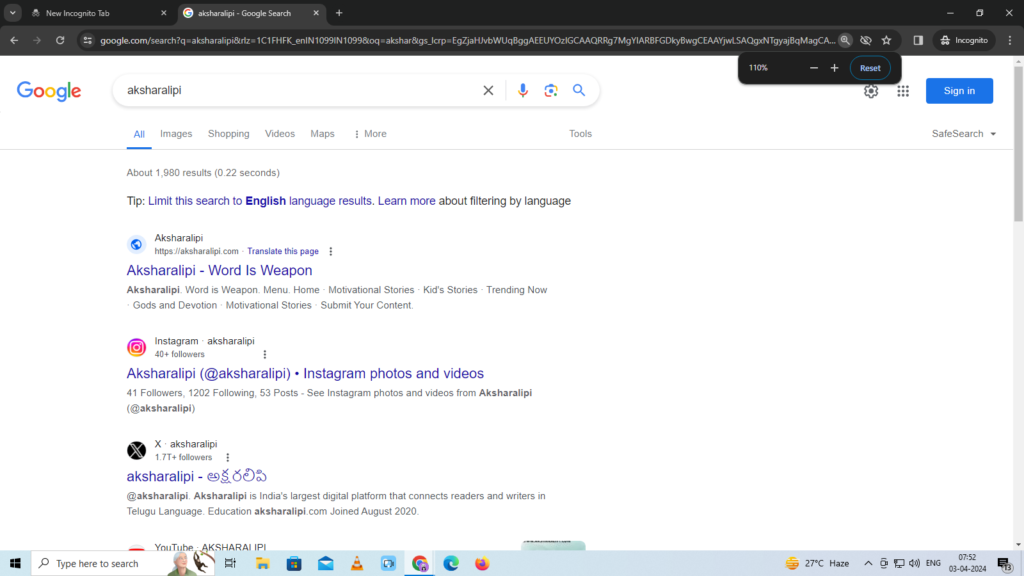Google was found to collect browsing data in incognito mode
In today’s digital age, privacy concerns are at the forefront of many users’ minds. With the rise of data breaches and online tracking, internet users are constantly looking for ways to protect their personal information.
One popular tool that many people turn to is Google’s incognito mode, which promises to allow users to browse the internet without leaving a trace on their computer.

However, a recent study has revealed that Google may not be as transparent about its data collection practices in incognito mode as users would hope.
despite suggesting otherwise
Google’s incognito mode has long been touted as a way for users to browse the web privately, without their activity being tracked or stored.
However, a study conducted by researchers at Princeton University has uncovered evidence that Google is still collecting browsing data from users in incognito mode.
This revelation has sparked concerns among privacy advocates and raised questions about the true extent of Google’s data collection practices.
Overview Google was found to collect browsing data in incognito mode
The study conducted by Princeton University researchers found that Google is collecting data on websites visited, searches performed, and links clicked by users in incognito mode.
This data is collected even when users have opted out of personalized advertising and have deleted their browsing history.
Google was found to collect browsing data in incognito mode
The researchers used a variety of methods to analyze Google’s data collection practices, including examining network traffic and analyzing the code of websites visited by users in incognito mode.
How does Google collect data in incognito mode?
Google collects data in incognito mode through various methods, including web beacons and cookies.
Web beacons are small, invisible images embedded in websites that send information back to Google when a user visits a site.

This information includes the user’s IP address, the time of the visit, and the specific page that was accessed.
Cookies, on the other hand, are small text files stored on a user’s computer that contain information about the user’s browsing history and preferences.
Google uses cookies to track users across websites and deliver personalized advertising.
What data does Google collect in incognito mode?
In addition to websites visited, searches performed, and links clicked, Google also collects information such as the user’s device type, operating system, and location.
Google was found to collect browsing data in incognito mode
This data allows Google to create a profile of the user’s interests and behavior, which can then be used to target them with relevant ads.
Despite claims that incognito mode offers a private browsing experience, Google’s data collection practices suggest otherwise.
Why is Google collecting data in incognito mode?
Google has defended its data collection practices by stating that it is necessary to provide users with a consistent experience across all of its products.
By collecting data on user behavior, Google can improve its services and tailor them to individual preferences.
However, the study’s findings have raised concerns about the privacy implications of Google’s data collection practices, particularly in incognito mode where users expect a higher level of anonymity.
How to use Google was found to collect browsing data in incognito mode
Given the revelations about Google’s data collection practices in incognito mode, users may be wondering how they can protect their privacy while browsing the web.
While there is no foolproof method to prevent data collection entirely, there are some steps that users can take to minimize their digital footprint and reduce the amount of information that companies like Google can gather about them.

Use alternative search engines and browsers
One way to limit Google’s data collection is to use alternative search engines and browsers that prioritize user privacy.
DuckDuckGo, for example, is a search engine that does not track user activity or store personal information.
Similarly, browsers like Firefox and Brave offer built-in privacy features that block trackers and prevent data collection by third parties.
Enable privacy settings
Users can also take advantage of privacy settings offered by Google and other online platforms to limit the amount of data that is collected about them.
For example, Google allows users to opt out of personalized advertising and disable tracking cookies in their account settings.
By adjusting these settings, users can reduce the impact of data collection on their online activities.Google was found to collect browsing data in incognito mode
Clear browsing data regularly
To further protect their privacy, users should regularly clear their browsing data, including cookies, cache, and history.
This can help prevent companies like Google from building a detailed profile of their online behavior and preferences.
Most browsers offer the option to clear browsing data automatically when the browser is closed, making it easy for users to maintain their privacy while browsing the web.
Advices Google was found to collect browsing data in incognito mode
In light of the findings about Google’s data collection practices in incognito mode, it is important for users to be aware of the potential privacy risks associated with using this feature.
By following these tips and recommendations, users can take steps to protect their personal information and minimize the impact of data collection on their online activities.
Be cautious when using incognito mode
While incognito mode may offer some level of privacy protection, users should be cautious about the limitations of this feature.
It is important to remember that incognito mode does not make users completely anonymous online and that data collection can still occur through other means, such as web beacons and cookies.
Google was found to collect browsing data in incognito mode
Users should use incognito mode judiciously and be mindful of the information they share while browsing in this mode.Google was found to collect browsing data in incognito mode
Educate yourself about online privacy
To better understand the implications of data collection and tracking online, users should educate themselves about online privacy and the ways in which their personal information is used by companies like Google.
By staying informed about best practices for protecting their privacy online, users can make more informed decisions about how they interact with websites and online services.
Advocate for stronger privacy protections
As awareness of online privacy issues grows, users can advocate for stronger privacy protections and regulations to hold companies accountable for their data collection practices.
By supporting initiatives that promote transparency and user control over personal data, users can help shape the future of online privacy and ensure that their rights are protected in the digital age.
Opinions Google was found to collect browsing data in incognito mode
The revelations about Google’s data collection practices in incognito mode have sparked a range of opinions and reactions from privacy advocates, industry experts, and everyday internet users.
While some argue that Google’s data collection is necessary to improve user experience and provide personalized services, others are concerned about the implications for user privacy and the potential misuse of personal data.
Privacy advocates
Privacy advocates have been quick to criticize Google’s data collection practices in incognito mode, arguing that they undermine user trust and violate expectations of privacy.
Organizations like the Electronic Frontier Foundation (EFF) have called for greater transparency and accountability from tech companies when it comes to data collection and tracking online.
They argue that users should have more control over their personal information and be able to opt out of data collection practices that they are uncomfortable with.
Industry experts
Industry experts have offered mixed opinions on Google’s data collection practices in incognito mode, with some defending the company’s need for data to improve its services and others questioning the ethics of collecting data without users’ knowledge or consent.
Some experts argue that data collection is an essential part of the modern internet ecosystem and that users benefit from personalized experiences and targeted advertising.
Others believe that companies like Google should do more to protect user privacy and be more transparent about their data collection practices.
Everyday internet users
For many everyday internet users, the revelations about Google’s data collection practices in incognito mode have been eye-opening and concerning.
Some users have expressed frustration and disappointment at Google’s lack of transparency about its data collection practices, particularly in a feature like incognito mode that is marketed as a way to browse the web privately.
Many users have called for greater control over their personal information and more options to opt out of data collection online.
Comparisons Google was found to collect browsing data in incognito mode
In comparison to other internet browsers and search engines, Google’s data collection practices in incognito mode raise questions about the level of privacy and anonymity that users can expect while browsing the web.
By examining how other companies handle data collection and tracking online, users can gain a better understanding of the trade-offs between convenience and privacy in the digital age.
Google vs. DuckDuckGo
Google was found to collect browsing data in incognito mode
DuckDuckGo is a search engine that prioritizes user privacy by not tracking user activity or storing personal information.
In contrast, Google collects data on user behavior, searches, and website visits, even in incognito mode.
While Google offers personalized services and targeted advertising based on this data, DuckDuckGo emphasizes anonymity and data protection for its users.
Users who value privacy may prefer DuckDuckGo over Google for their online searches.Google was found to collect browsing data in incognito mode

| Feature | DuckDuckGo | |
|---|---|---|
| Data collection | Collects user data | Does not track users |
| Personalization | Offers personalized ads | Does not personalize |
| Privacy protection | Limited | Strong emphasis on privacy |
Google vs. Firefox
Firefox is a web browser known for its privacy features, including tracking protection and enhanced security settings.
While Google Chrome, Google’s web browser, offers a seamless user experience and integration with Google services, Firefox prioritizes user privacy and data protection.
Users concerned about data collection and tracking online may choose Firefox over Google Chrome for a more privacy-focused browsing experience.
| Feature | Google Chrome | Firefox |
|---|---|---|
| Privacy features | Limited tracking control | Enhanced privacy settings |
| Integration | Seamless user experience | Emphasis on user privacy |
| Security | Standard security measures | Enhanced security features |
Google vs. Brave
Brave is a web browser that blocks ads and trackers by default, offering users a more private and secure browsing experience.
In contrast, Google Chrome allows ads and trackers to collect data on user behavior for personalized advertising.
While Google benefits from targeted advertising revenue, Brave prioritizes user privacy and data protection.
Users looking for a browser that minimizes data collection and tracking may prefer Brave over Google Chrome.
| Feature | Google Chrome | Brave |
|---|---|---|
| Ad blocking | Allows ads and trackers | Blocks ads and trackers |
| Data collection | Collects user data | Minimizes data collection |
| Privacy protection | Limited | Strong emphasis on privacy |
Conclusion
In conclusion, the recent study revealing Google’s data collection practices in incognito mode has shed light on the complexities of online privacy and data tracking.
Google was found to collect browsing data in incognito mode
While Google defends its data collection as necessary for improving user experience, the findings have raised concerns about the privacy implications for users.
By being aware of how data is collected online and taking steps to protect their personal information, users can navigate the digital landscape more safely and responsibly.
As technology continues to evolve, it is crucial for users to advocate for stronger privacy protections and demand greater transparency from companies like Google to safeguard their online privacy.
Google was found to collect browsing data in incognito mode








